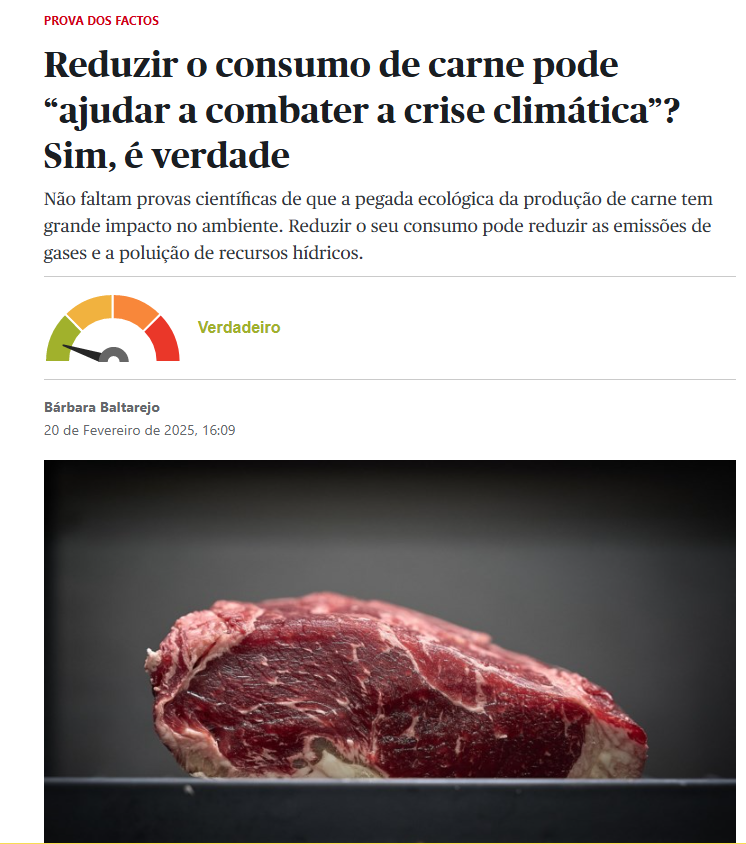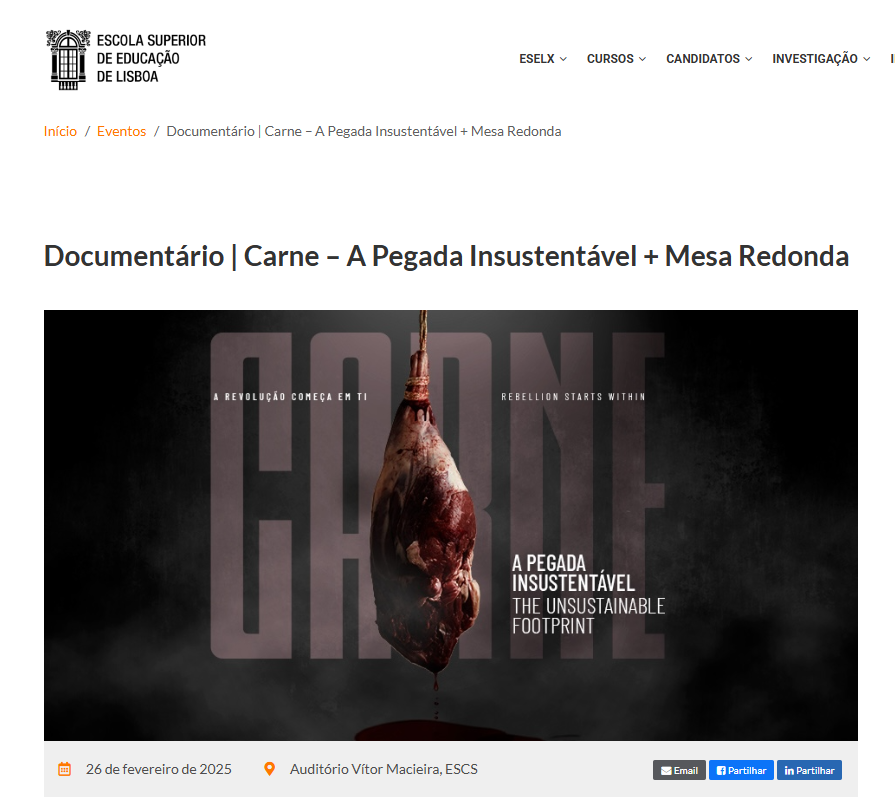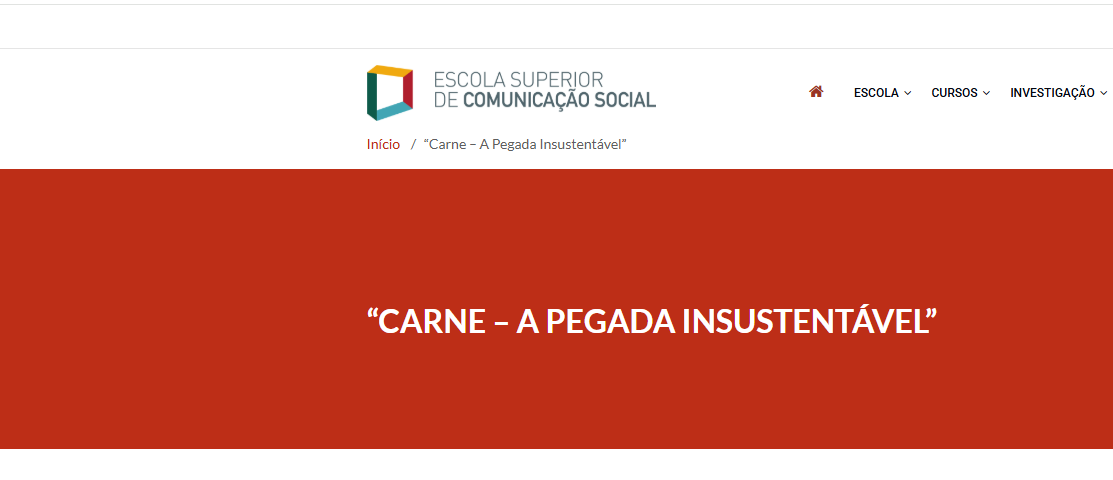
Eurogroup for Animals: ' Live animal transport: new Essere Animali report presented to the European Parliament'
The event was hosted by Niels Fuglsang MEP (S&D, Denmark), Vice-President of the Intergroup on the welfare and conservation of animals and Chairman of the Animal transport working group.
The report analyses the law enforcement controls that took place during the investigations conducted in Italy and the shortcomings of the current European Regulation which is currently being revised by the European Commission.
The debate was also an opportunity for MEPs from different parliamentary groups to exchange views on such a complex and important issue in order to truly guarantee compliance with higher welfare standards in the EU.
The key priorities for the Transport Regulation’s review must be the 8-hour limit for all transport and the ban on transport for pregnant and unweaned animals. Another crucial aspect is the ban on extra-EU transports. We believe that these points and animal welfare should be included in the manifestos for the next European elections in 2024 and we will work in this direction.Niels Fuglsang - MEP
Francisco Guerreiro MEP (Greens, Portugal) emphasised that "The role of the European parties to include these demands in the electoral programmes is crucial".
Every year, more than one billion animals are transported in Europe both to extra-EU countries and within Europe's borders. According to the latest report released at the end of 2022 by the Italian Ministry of Health on the activity carried out by the Border Control Posts (PCF) and the Veterinary Offices for Community Compliance (UVAC), in 2021 the following animals were imported into Italy from other EU countries: 1.4 million pigs, 1.3 million cattle, 790 thousand sheep and over 56 million poultry, most of which were 1-day-old chicks.
Essere Animali investigations, started in 2021 and carried out until Easter 2023, focused on two of the main problems affecting Italy: the long-distance transport of lambs and the very high temperatures that affect animals during transport, even on short distances, in the summer.
The latest shocking checks by Essere Animali conducted in Easter this year showed the terrible suffering to which animals are still subjected, with conditions so painful that Italian vets found themselves forced to euthanise some animals inside the trucks.
The lambs transported on long distances often travel in overcrowded conditions, without access to food and water and without protection from dangerous gaps that often cause injuries and end up trapping body parts of these fragile and very young animals.
In recent years, the European Parliament has tried, with the ANIT Committee, to document the limitations of the current legislation, but the final Recommendations called for minor improvements rather than systemic change.
Investigations conducted also in recent weeks show that animal transport is one of the phases of production with the most violations, the least protection for animals and continuous suffering and mistreatment that can no longer be ignored.We hope, therefore, that the Commission can take into account our report and the scientific evidence also highlighted by the latest EFSA opinions (2022) and propose a revision that can really protect animals during this phase, raising animal welfare standards and at the same time starting a transition to the transport of meat and carcasses.Chiara Caprio, Head of Public Affairs at Essere Animali
Lê a notícia aqui










Público: 'Prova dos factos'
Quinta-feira, 20 de Fevereiro de 2025
LER MAIS